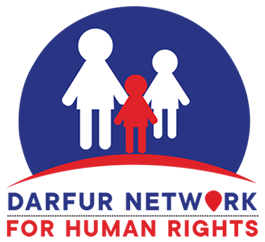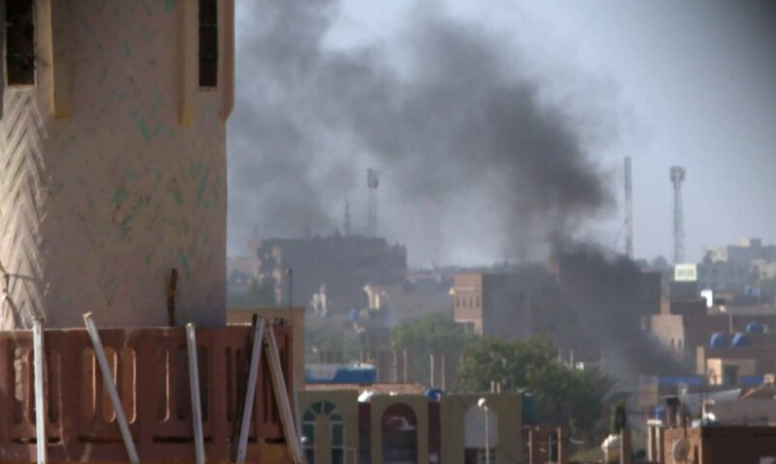January 18, 2025 (OMDURMAN) – Omdurman, one of Sudan’s largest cities, is grappling with intensifying violence and a growing humanitarian crisis. Artillery shelling by the Rapid Support Forces (RSF) on Saturday killed at least three civilians, injured many others, and caused widespread panic in residential neighborhoods. The ongoing conflict has left the city reeling from severe power outages and water shortages, compounding the suffering of its residents.
Escalating Violence
The clashes between the Sudanese army and the RSF have escalated, with both sides exchanging heavy artillery fire in Omdurman and neighboring areas.
- Targeted Areas: RSF artillery struck the Al-Thawra and Al-Waha neighborhoods, densely populated residential districts, killing three civilians and injuring others who were rushed to Al-Nao Hospital.
- Civilian Impact: Residents in affected areas, such as Al-Wadi Street, were forced to seek shelter in concrete buildings as artillery shells rained down. Plumes of smoke could be seen rising from impacted neighborhoods, signaling the intensity of the shelling.
A Sudanese army spokesperson reported that the RSF shelling in the Al-Manara, Al-Waha, and surrounding areas killed two people and injured 12 others. The attacks have left civilians in constant fear, trapped in the crossfire of this violent conflict.
Broader Conflict
Meanwhile, violent clashes erupted in Khartoum North, where the Sudanese army is attempting to break the RSF’s siege on the army’s general command headquarters in central Khartoum. The fighting, which includes the use of heavy and light weaponry, has further destabilized the region, leaving civilians caught in the middle.
Power and Water Outages Deepen the Crisis
Omdurman is also suffering from a severe water shortage due to ongoing power outages. The RSF’s recent drone attacks on the Merowe Dam power station have left much of the city without electricity, disrupting water stations and wells across the area.
- Water Crisis: The power outage has caused the Al-Manara water station, a critical source of drinking water, to go offline. Residents are now relying on alternative sources, including vehicles and donkey carts, to fetch water amid overcrowding at remaining supply points.
- Government Response: The Khartoum state government, led by Governor Ahmed Othman Hamza, is working to restore water services. Efforts include operating wells with electric generators and providing fuel to sustain water production. Fifteen wells have been brought back into service, providing limited relief to affected areas.
Emergency Measures and Future Plans
To address the water crisis, the Khartoum state government is coordinating with service management committees to implement immediate and long-term solutions:
- Short-term Actions: Neighborhood committees are mobilizing resources to operate wells using generators. Plans are also underway to utilize reserves at the Al-Manara water station and repair additional wells.
- Future Plans: The state government is exploring the establishment of a thermal power station to ensure backup energy for critical infrastructure, such as water stations, in emergencies.
Humanitarian Impact
The ongoing conflict has left Omdurman and its neighboring regions in a dire state. Displaced families, lack of essential services, and the constant threat of violence have pushed residents to the brink. The RSF’s attacks on civilian infrastructure, including power and water stations, constitute blatant violations of international humanitarian law and disregard for human life.
Conclusion
Omdurman’s plight is a stark reminder of the devastating impact of the Sudanese conflict on civilians. The targeted shelling of residential neighborhoods and the destruction of critical infrastructure are exacerbating an already dire humanitarian crisis. Urgent action is needed from both national and international actors to provide immediate relief, ensure accountability for violations, and work toward lasting peace.

